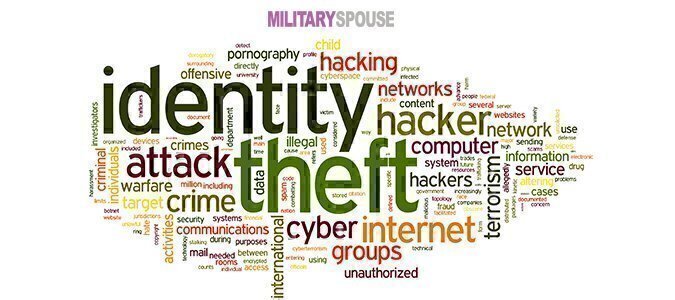Article originally published at Allhands.coastguard
Twice a month, Coast Guard All Hands will feature “From the Homefront,” a column for Coast Guard spouses by Coast Guard spouse Shelley Kimball. Shelley has been married to Capt. Joe Kimball, chief of the office of aviation forces at Coast Guard headquarters, for 14 years. She currently serves as an advisor for the Military Family Advisory Network.
Written by Shelley Kimball
Count me in among the millions involved in a recent data breach of federal employees’ personal information — I just received my letter from the Office of Personnel Management alerting me that my identifying information was part the security breach.
Here is what to do if you end up joining me.
First, some background: OPM started sending out letters to the 21.5 million people affected about a little more than a month ago. It is the result of a hack to its data files this past spring, a breach considered one of the worst in U.S. history. The files contained identifying information like social security numbers, dates and places of birth, citizenship information and addresses.
Notifications by mail, not emails, will continue during the next few months.
“Due to the number of people impacted and because the nature of the information stolen has national security implications, it important that we take the time necessary to make sure the notification process is carried out carefully,” said a spokesperson for OPM. “We ask for your patience, as we estimate notifications will continue for approximately 12 weeks.”
The breach was so invasive because it included not just files of federal government employees, but also anyone included in the lists of contacts provided for background checks (like me). So that includes any of us related to, or friends with, someone the federal government checks for security.
As a result of all of this, OPM is providing identity theft protection services for three years for anyone affected, as well as their dependent children who were younger than 18 as of this summer. If you got a letter, you can sign up here, or you can call 1-800-750-3004.
If you have not received a letter, but you are worried you will and you would like to try to be proactive about your information, you can go here.
The services provided includes identity and credit monitoring, as well as identity restoration services and identity theft insurance for expenses up to $1,000,000 incurred in restoring your identity.
“If your identity is compromised, representatives from ID Experts will work with you to take steps to restore your identity,” the spokesperson said. “You have access to this benefit at any time during the coverage period without having to enroll in other services.”
If you decide to sign up for the identity theft protection (I did), here’s how it works. When you log onto the site, it will ask you for a PIN number on your letter. It will be in five boxes across the top of the letter. String all five sets together in order, and that’s your pin. (It’s about 25 numbers in total.) The program will ask you a series of questions to make sure you are who you say you are, which will just take a minute or two. Then it will set up the account and bring you to the identity theft program homepage.
Even if you don’t do it right away, you can access the program during the next three years if your identity is compromised.






